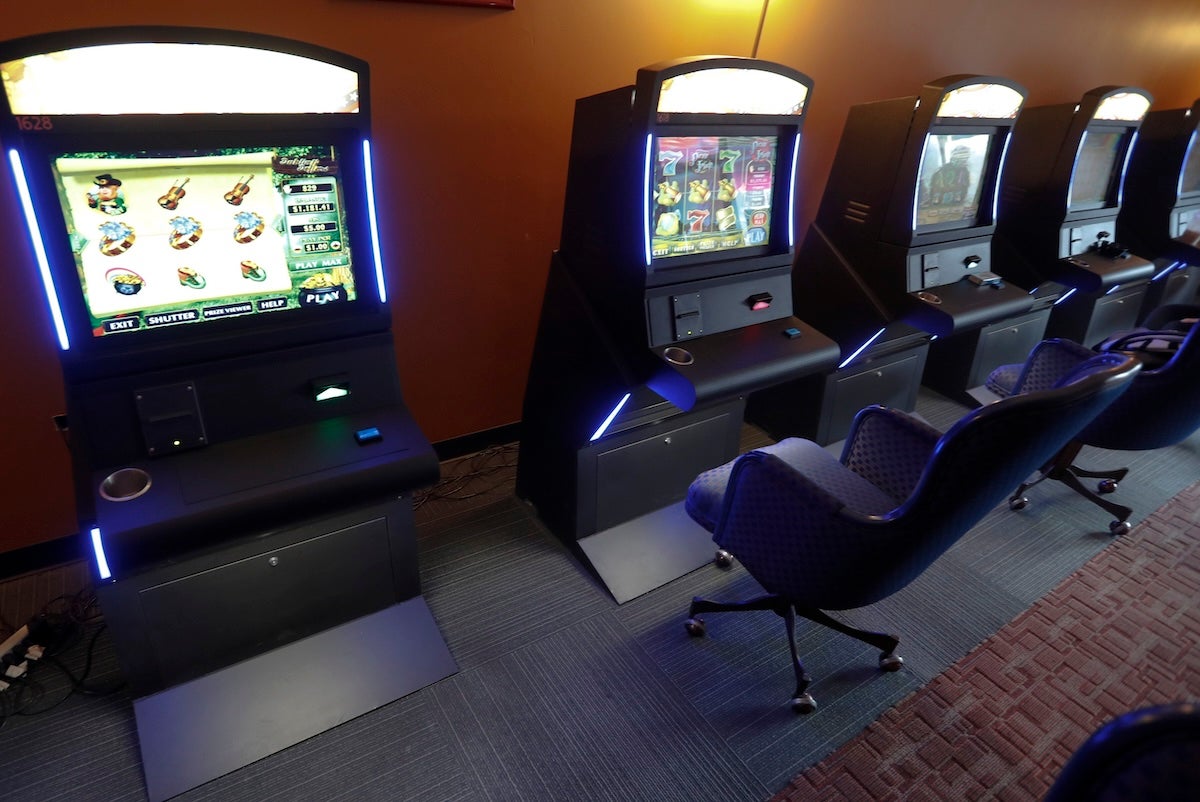


Pennsylvania’s highest court will decide whether the cash-paying electronic game terminals that have become commonplace in convenience stores, bars and elsewhere are unlicensed gambling machines and, as a result, must be shut down.
The state Supreme Court said this week that it will consider an appeal by the attorney general’s office of a lower-court decision that found that what are often called skill games are based on a player’s ability — and not solely on chance, like slot machines and other traditional gambling games.
For years, the state has maintained that the devices are unlicensed gambling machines that are operating illegally and subject to seizure by police. Machine makers, distributors and retailers contend they are legal, if unregulated, games that are not subject to state gambling control laws.
The high court’s decision to take the case is a significant development that could set rules for years to come regarding how the machines are treated under the law, said Jeffrey Rosenthal, a Blank Rome lawyer representing Parx Casino in suburban Philadelphia.
Pennsylvania’s courts and lawmakers have wrestled for years with the legality of the machines. Similar legal fights are playing out in Texas, Virginia and Kentucky.
The court is wading into the legal fight as lawmakers discuss regulating and taxing the devices as part of their closed-door negotiations to finalize an annual budget ahead of the July 1 start of the new fiscal year
The Pennsylvania Lottery and the state’s casino industry oppose skill games and say they are losing revenue to them. Casinos pay a roughly 54% tax on slot machine revenue and say that is an unfair burden when the proliferating skill games pay nothing.
A total number of the skill game terminals remains hard to pin down, although the American Gaming Association estimated there are at least 67,000 in Pennsylvania, more than any other state.
“Thousands of substantially similar devices are cropping up in corner stores and bars throughout the state,” Attorney General Michelle Henry’s office told the court in a brief.
The agency’s lawyers said courts, government and private parties are looking for “clear guidance on the application of the relevant Pennsylvania statutes. Only this court can provide it.”
The court said it will determine whether electronic slot machines are illegal games-of-chance gambling devices if they are manufactured with “a so-called ‘skill’ element that is almost entirely hidden from view and is almost impossible to complete,” and how the term slot machines should be defined.